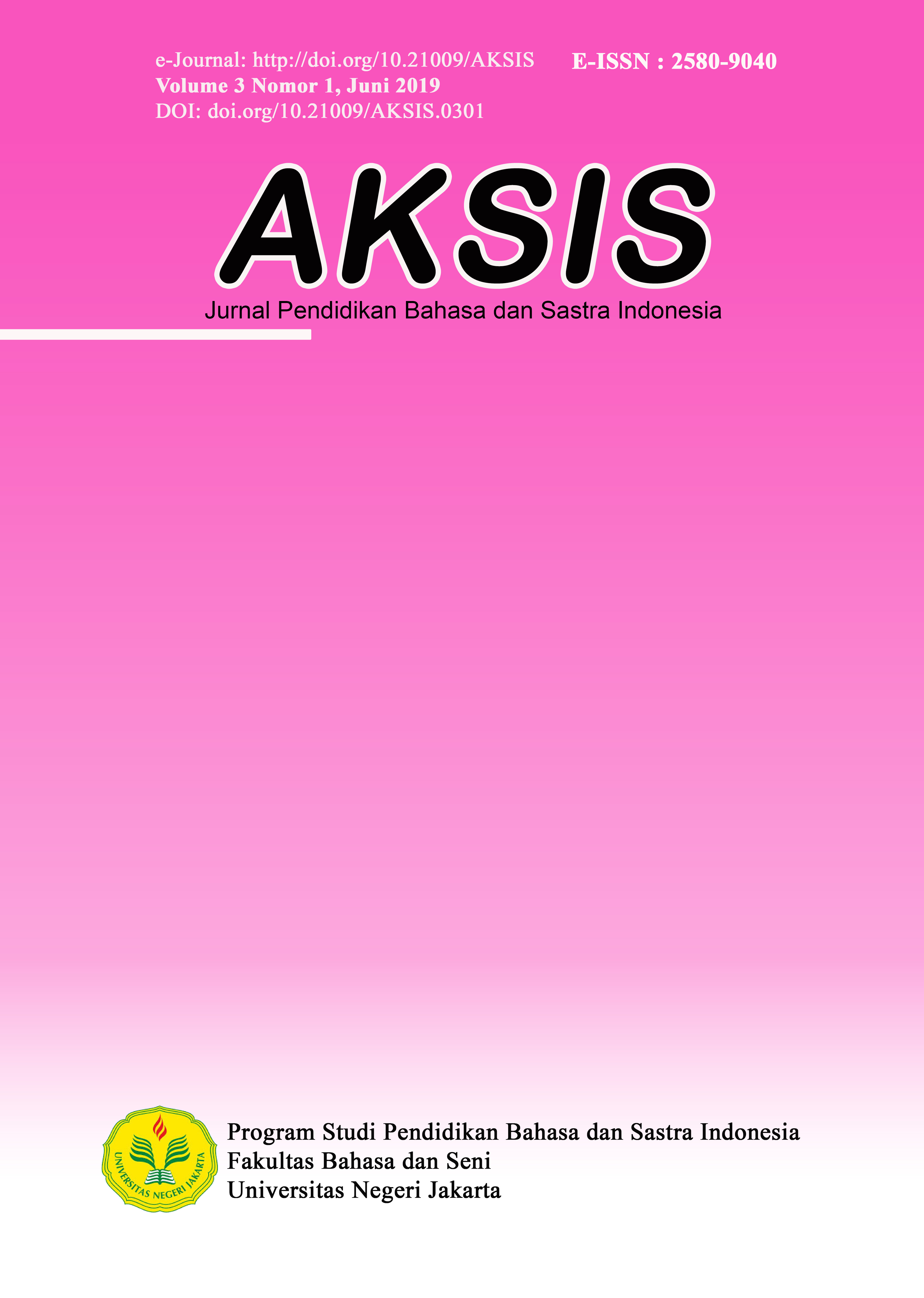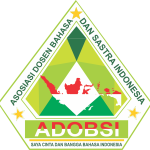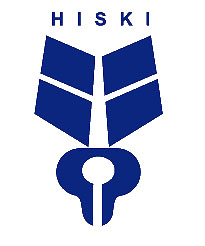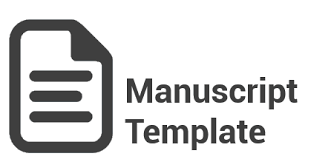Reflection on Learning to Read Japanese Language Through Contextual Approach for Indonesian Students
DOI:
https://doi.org/10.21009/AKSIS.030105Keywords:
Japanese reading, contextual approach, reflection, Indonesian studentsAbstract
In the term of language skills, reading skills are advanced skills after listening and speaking. For learners of foreign languages, in this case is Indonesian students, the urge in mastering this skill becomes a massive obstacle. Especially in learning Japanese, the most common problem encountered is the difference in writing characters, vocabulary, and grammar compared to Indonesian. As an effort to help students overcome these problems, reading learning through a contextual approach is carried out for first semester students in Japanese Language Study Program, Faculty of Languages and Arts, Universitas Negeri Jakarta. One component in the contextual approach to learning is reflection. Through this activity, students are expected to find a connection between information or knowledge they gained with their daily experiences. Thus, they will find the meaning of learning. This study aimed to determine the impact of self-reflection and its relation to the ability to read Japanese for beginner-level Indonesian students. This research method uses descriptive analysis method. From the reflections of 20 Indonesian students who were learning Japanese for the first time show that vocabulary skills were the most supportive factor in mastering reading skills compared to grammatical abilities.
References
Alderete, D.P. (2008). Reflection in language teaching and learning in higher education: Is the European language portfolio the answer? In L. Pérez Ruiz, I. Pizarro Sánchez, & E. González-Cascos Jiménez (Eds.), Estudios de Metolodogía de la Lengua Inglesa (IV). Valladolid, Spain: Ediciones Universidad de Valladolid. Retrieved from https://aran.library.nuigalway.ie/handle/10379/6654
Alexander, J.E., & Heatington, B.S. (1988). Assessing and Correcting Classroom Reading Problems. Glenview: Scott Moresman.
Alyousef, H.S. (2006). Teaching reading comprehension to ESL/EFL learners. Language Learning Journal, 5(1), 143—154.
Antoni, N. (2010). Exploring efl teachers’ strategies in teaching reading comprehension. Jurnal Penelitian Pendidikan, 11(2), 39—51.
Costa, A.L., & Kallick, B. (2008). Learning through reflection. Learning and leading with habits of Mind. Virginia: Association for Supervision and Curriculum Development.
Halik, N. (2016). Contextual teaching and learning method in teaching reading at third year students of MTsN Balang-Balang Gowa regency. ETERNAL (English, Teaching, Learning and Research Journal), 2(2), 147—166. doi: https://doi.org/10.24252/Eternal.V22.2016.A1
Johnson, E. B. (2002). Contextual Teaching and Learning: What It Is and Why It's Here to Stay. California: Corwin Press.
Matsumoto, K. (2007). Amerika no kyaria kyouiku ni okeru bunmyakutekina kyouju-gakushuu (contextual teaching and learning’) no tokushitsu. Japanese Soc. Curric. Stud., 49, 15–28. doi: https://doi.org/10.18981/jscs.16.0_15
Nurfaidah, S., Lengkanawati, N.S., & Sukyadi, D. (2017). Levels on EFL pre-service teachers’ teaching journal. Indonesian Journal of Applied Linguistic, 7(1), 80—92. doi: 10.17509/ijal.v7i1.6861
Nurhadi. (2002). Pendekatan Kontekstual: Contextual Teaching and Learning (CTL). Malang: Universitas Negeri Malang
Purwahida, R. (2017). Interaksi sosial pada kumpulan cerpen Potongan Cerita di Kartu Pos karangan Agus Noor dan implikasinya terhadap pembelajaran sastra di SMA. Aksis: Jurnal Pendidikan Bahasa dan Sastra Indonesia 1(1). 118-134. doi: doi.org/10.21009/AKSIS.010107
Purwahida, R. (2018). Problematika Pengembangan Modul Pembelajaran Baca Tulis Anak Usia Sekolah Dasar. Aksis: Jurnal Pendidikan Bahasa dan Sastra Indonesia 2(1). 118-134. doi: doi.org/10.21009/AKSIS.020108
Roskos, K., Vukelich, C., & Risko, V. (2001). Reflection and learning to teach reading: A critical review of literacy and general teacher education studies. Journal of Literacy Research, 33(4), 595—635. doi: 10.1080/10862960109548127
Sudjianto, & Dahidi, A. (2004). Pengantar Linguistik Bahasa Jepang. Jakarta: Kesaint Blanc.






